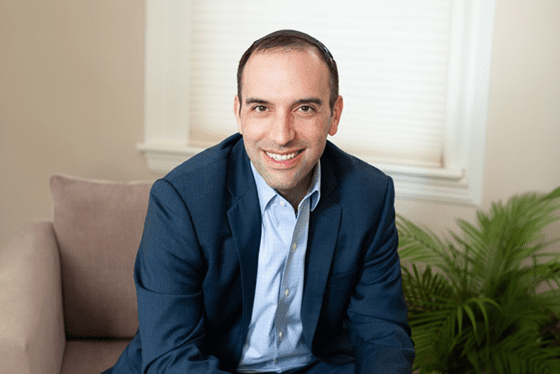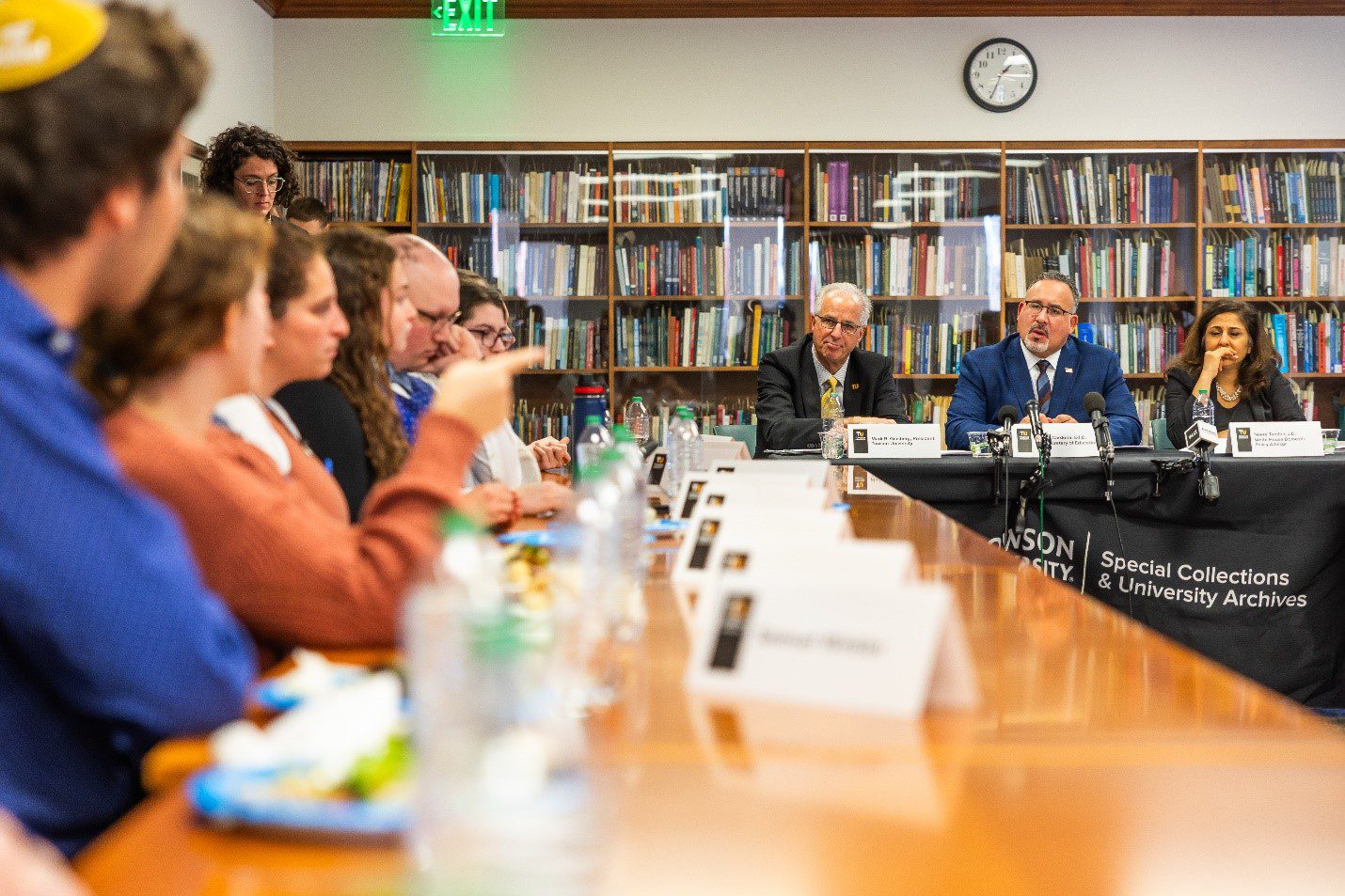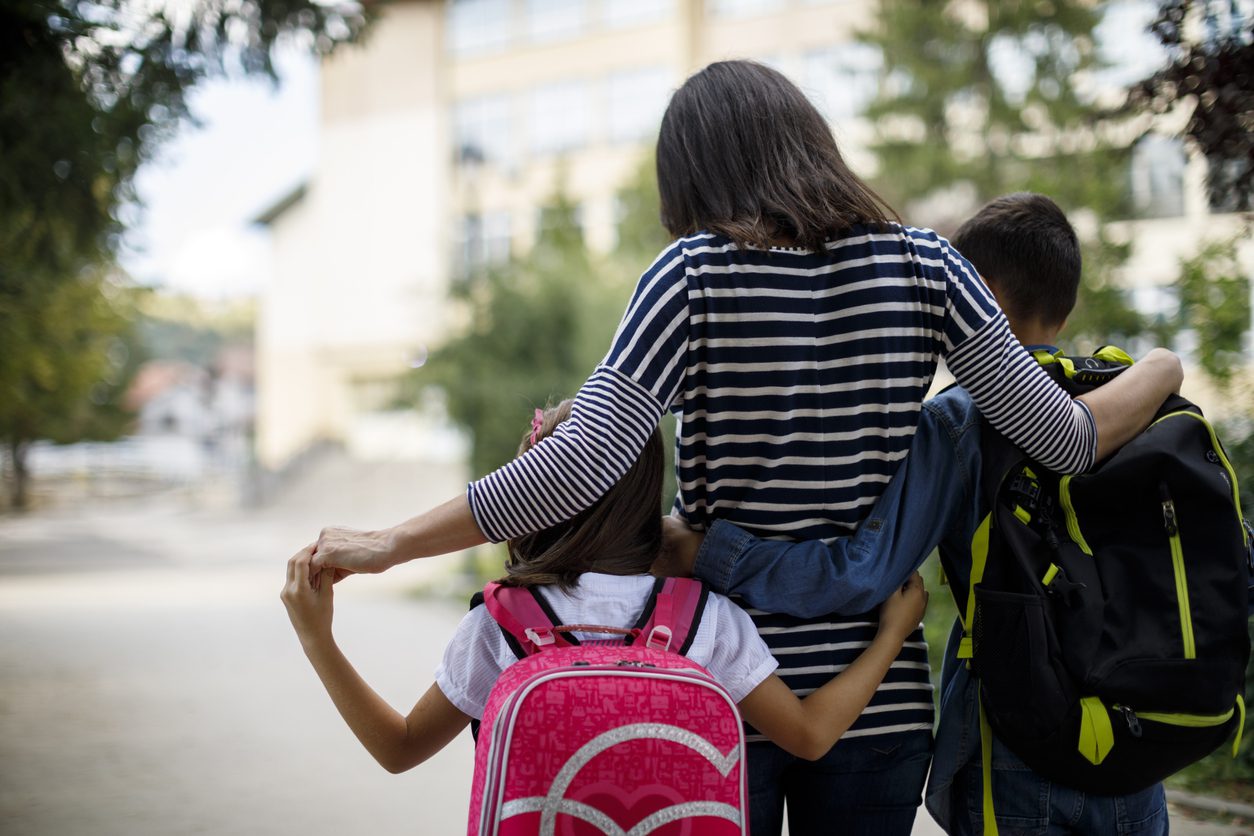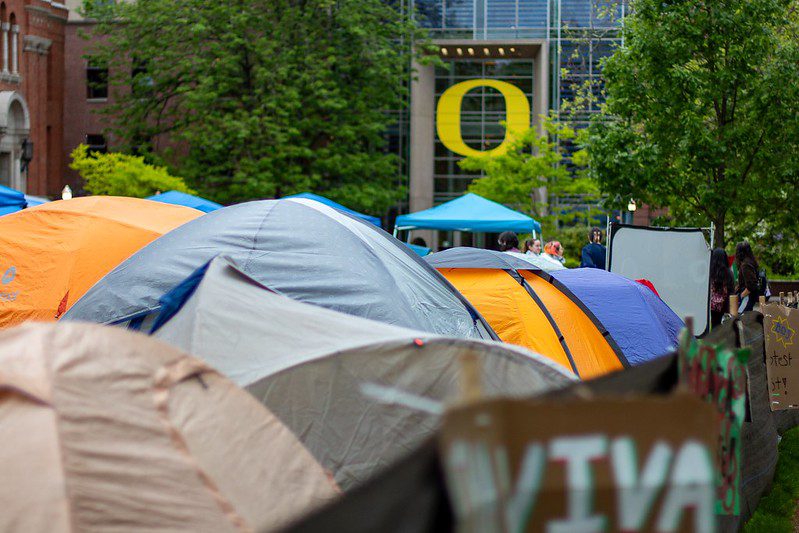By Rabbi Marc Baker
As a lifelong educator, high school teacher, Jewish communal leader, and the parent of four high school and college students, I feel acutely attuned to both the rhythm of the school year and to the sacred responsibility of schools, universities, and the teachers and leaders who populate them.
This year feels different.
For many Jewish students and educators who left classes in the spring after what can only be called a perilous time, the normal anxieties and anticipation associated with going back to school are heightened. The stakes feel higher.
Since the horrific attacks on Israel by Hamas, many in the Jewish community and our allies have witnessed more antisemitism and demonization of Israel than we imagined we would see in our lifetimes. One Brookline public school teacher wrote recently about walking into school “with trepidation” as vicious anti-Jewish and anti-Israeli rhetoric became commonplace. Jewish student and faculty experiences of the changing school climate were downplayed or outright ignored. I have heard similar stories from countless other students, parents, and faculty members, including my own child’s experience on a college campus. This moment offers an opportunity for educators and administrators to ask themselves: What are our moral obligations to our students, their families, and the society of which we are a part? What must we do differently this year in order to do our jobs?
What we’ve seen playing out on college campuses and in K–12 schools is a dangerous combination of ignorance about Jewish history and the history of Israel and the contemporary Middle East and purist ideology that vilifies those perceived as powerful and conversely glorifies the powerless. This manufactured binary is what enables otherwise intelligent people to turn what should be diverse and complex learning communities into ideologically homogeneous communities of activists. This is how students can come to denigrate critical inquiry and political moderation as morally weak and privileged.
These trends come from a minority that consists of radical student activists, outside groups and bad actors, and yes, teachers and professors.
As a member of the Jewish community, I am obviously concerned about the experience of Jewish students and faculty and believe that it is the responsibility of schools to ensure that they are safe and able to learn. But, as an American, especially as this school year contains a presidential election rife with toxic polarization, ideological extremism, and culture wars, I see antisemitism and Israel as case studies — or proof points — of the broader and deeper reckoning in education right now.
In his book Healing the Heart of Democracy, Parker Palmer writes about the role of schools in reweaving our social fabric and strengthening American democracy.
In too many settings, instead of teaching our young people to embrace complexity and what Palmer calls “tension-inducing questions” that have no easy answers, educators have embraced scholar-activism, infusing their lesson plans, research, and teaching with political agendas. They transmit unexamined dogmas about the world that foster moral self-righteousness and justify excluding and discriminating against others, including but not limited to those who believe that the State of Israel has a right to exist. We see this in the Massachusetts Teachers’ Association’s endorsed curriculum and professional development about the Israeli-Palestinian conflict, and it is egregious educational malpractice.
In and out of classrooms, it is the job of school and university administrators to demand more of their teachers and to build learning communities that are hospitable to the humble pursuit of truth and wrestling with the messiness of value conflicts.
Recently, several national organizations, including the Anti-Defamation League and Hillel International, published a comprehensive set of recommendations for universities to ensure the safety and thriving of Jewish students — and all students — this coming school year. They focus on clear communication of rules and regulations regarding protests, supporting Jewish students, mandating antisemitism training, guaranteeing physical safety, and reaffirming the professional responsibilities of their faculty. These recommendations are a good start, and they are relevant for other educational settings as well.
At the most basic level, institutions can begin by enforcing rules to ensure that all students are included on campus, not merely certain groups, and to ensure no students or faculty are permitted to violate the safety and dignity of others, even in the name of their own notions of justice and morality. Allowing Jewish or Israeli students to be silenced in and out of the classroom — including by protesters who call for their total removal from campus — can no longer be the standard in academic institutions.
While education in America is in many ways at a crossroads and there is much work to do, it is also the case that schools and universities offer the greatest hope for the future of our country and our civilization. But it is essential that educators and administrators recommit themselves to the essential principles of liberal education and expect their students and faculty to practice curiosity, critical thinking, reflection, and dialogue, especially with different perspectives and people with whom they disagree. At a time when social media and its inherent disinformation has replaced the methodical processes of knowledge acquisition and skill building, these “traditional” hallmarks of great education have never been more essential.
If our educators and administrators return to the fundamentals of teaching, learning, and leadership, they can create the learning environments that their students deserve, and that prepare a new next generation of caring and compassionate, knowledgeable and sophisticated, values-driven and morally purposeful citizens and leaders. Our country and our world need them now.
To learn more about the work of CJP’s Center for Combating Antisemitism in K–12 schools and on campuses throughout Greater Boston, visit our webpage.

Rabbi Marc Baker
As President and CEO of Combined Jewish Philanthropies of Greater Boston (CJP), Marc leads the organization in its mission to inspire Jewish life and ignite positive change in Greater Boston, in Israel, and across the globe. He champions CJP’s efforts to build partnerships, develop resources, mobilize volunteers, and put innovative philanthropy into practice. Marc regularly writes, speaks, and teaches about leadership, community, and civic life, bringing the voice of Jewish tradition to contemporary issues.
Marc graduated from Yale University in 1997 with a Bachelor of Arts in religious studies and received his Master’s in Jewish education from The Hebrew University in 2002. Before coming to CJP, Marc served as Head of School at Gann Academy in Waltham. Born in Lynnfield, Marc currently resides in Brookline with his wife, Jill, and they have four children.




